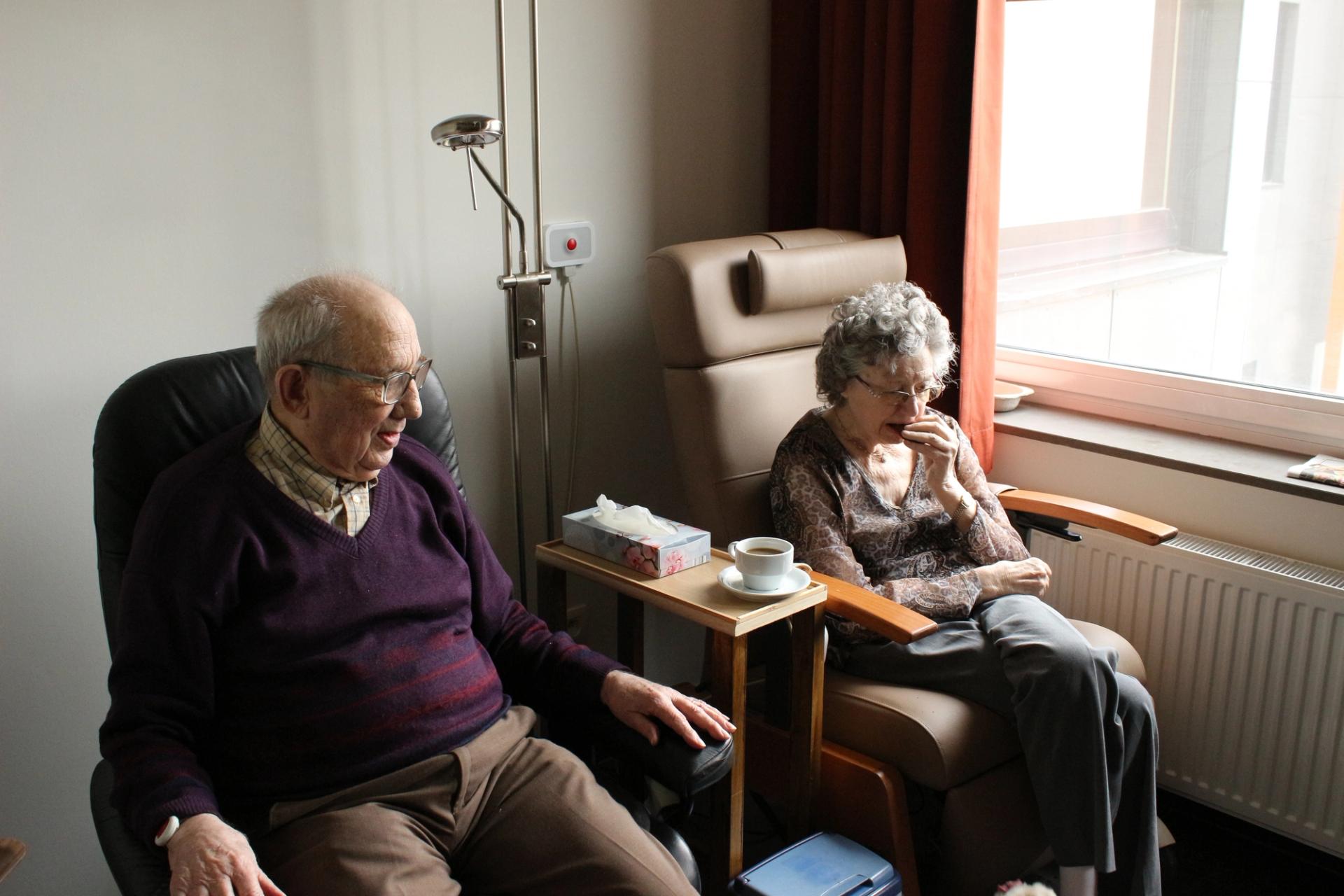
Dementia: Diagnosis and management in primary care
INTRODUCTION
Dementia is a progressive deterioration in mental function, which is severe enough to interfere with activities of daily living (ADLs). In the UK it is estimated that around 850,000 people are living with dementia, and predicted that this figure will rise to over 1 million by 2025. The most common form of dementia is Alzheimer’s disease. Making the diagnosis of dementia can be difficult as symptoms vary between patients. In addition onset can be slow and non-specific, but for patients and their families or carers to receive the support they need, timely diagnosis is vital.
LEARNING OBJECTIVES
On completion of this module you will be better able to:
- Ensure a timely diagnosis of dementia
- Ensure that primary healthcare is coordinated with secondary healthcare and social care in the management of people with dementia
- Ensure symptoms, behavioural problems, and physical disabilities are addressed in partnership with the person and their family/carers
- Ensure the appropriate use and monitoring of drug treatments
- Avoid the use of antipsychotic drugs for the control of behaviour, if possible
- Provide effective psychosocial support for the person's family or carers from the time dementia is first suspected
- Ensure effective end-of-life care is provided
PRACTICE NURSE FEATURED ARTICLES
Improving diagnosis of dementia – the role of the practice nurse Zena Aldridge, Karen Harrison Dening Pain in dementia: a multi-modal approach to assessment and management Cathy Knight, Karen Harrison Dening Dementia – a personal perspective Katherine Hunt
This resource is provided at an advanced level. Read the article and answer the self-assessment questions, and reflect on what you have learned. Complete the resource to obtain a certificate to include in your revalidation portfolio. You should record the time spent on this resource in your CPD log.
Related modules
View all Modules